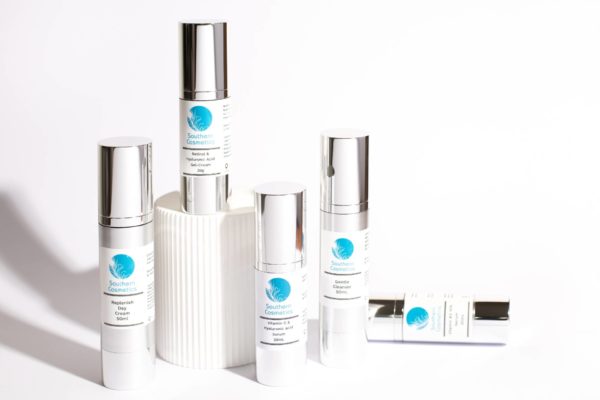Conditions, Products, Skincare
What determines skin quality, and what can we do to improve it?
Skin quality can be determined by a combination of factors including genetics, lifestyle choices, and environmental factors.
Here are some of the key factors that can affect skin quality:
- Genetics: Genetics plays a major role in determining skin quality. Factors like skin thickness, elasticity, and oil production are largely determined by your genes.
- Lifestyle choices: Your daily habits can also impact your skin quality. Factors like diet, exercise, sleep, and stress levels can affect the health of your skin.
- Environmental factors: Exposure to sunlight, pollution, and other environmental factors can damage the skin and affect its quality over time.
- Skincare routine: Your skincare routine, including the products you use and how often you use them, can also impact your skin quality. Using gentle, effective skincare products and following a consistent routine can help maintain healthy skin.
- Age: As we age, our skin naturally becomes thinner, drier, and less elastic, which can affect its quality.
- Medical conditions: Certain medical conditions, like acne, rosacea, and eczema, can also affect the quality of your skin.
Overall, a combination of genetics, lifestyle choices, and environmental factors can all play a role in determining skin quality. By taking care of your skin through a healthy lifestyle and skincare routine, you can help maintain and improve its overall health and appearance.

There are several ways you can improve the quality of your skin, including:
- Protecting your skin from the sun: Exposure to UV rays can cause premature aging and damage to the skin. To protect your skin, wear sunscreen with an SPF of at least 30 and avoid prolonged sun exposure.
- Maintaining a healthy diet: A diet rich in fruits, vegetables, whole grains, and lean protein can help nourish your skin from the inside out. Foods high in antioxidants, like berries and leafy greens, can also help protect your skin from damage.
- Staying hydrated: Drinking plenty of water can help keep your skin hydrated and prevent dryness.
- Getting enough sleep: Lack of sleep can lead to skin fatigue, which can affect the appearance of your skin. Aim for 7-8 hours of sleep each night to help your skin repair and rejuvenate.
- Managing stress: Chronic stress can lead to inflammation, which can affect the health of your skin. Finding ways to manage stress, like meditation or yoga, can help improve your skin quality.
- Following a consistent skincare routine: Using gentle, effective skincare products and following a consistent routine can help maintain healthy skin. This includes cleansing, moisturising, and protecting your skin with sunscreen.
- Avoiding smoking and excessive alcohol consumption.
By following these tips and taking care of your skin, you are doing your best to ensure overall skin health is maximised, and if you have any skin treatments results will be improved and maintained for longer over time.
Author: Dr Jenny Kimmins, Cosmetic Physician


